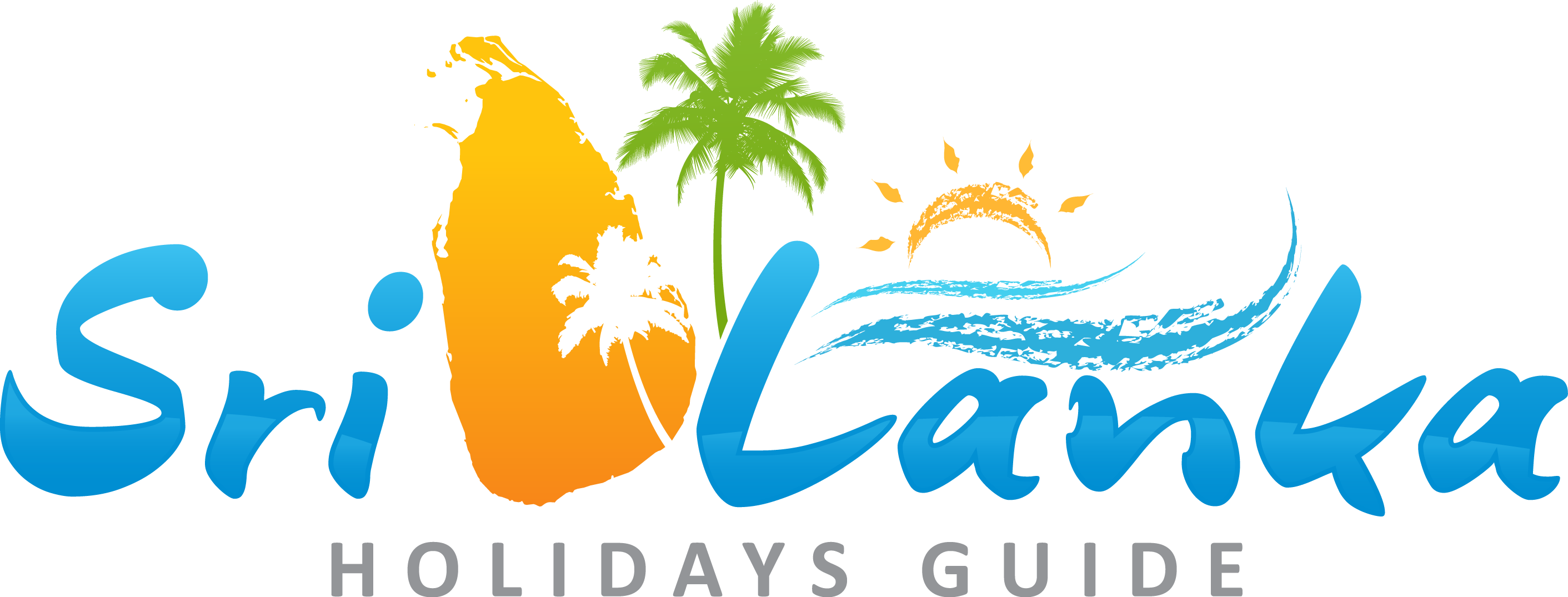
Prior to the declaration of contents of the baggage for the purpose of obtaining clearance from the customs official, it is important to note that all items are subject to exchange management and customs duties whether you are coming in or going out of Sri Lank, and they are imposed at specific rates. Also be informed that declaration is initiated on the prescribed form. Consequent upon the date on which the declaration is made, the rate of duty and tariff valuation is established.
Baggage
Baggage rules are quite diverse with regards to duration of stay abroad, age of passenger and the country of departure. Most often than not, passengers are liable to a duty free allowance that allows them to import goods without the requirement of paying any duty. However, if the duty free allowance is exceeded by the sum total of the value of goods, it then becomes mandatory to pay custom duty at a flat rate by the value exceeded. No restriction is placed with personal and household effects and can therefore be imported freely. For certain items, the duty charge comes in different rates based on custom tariff, but not necessarily the flat rate as earlier mentioned for most baggage items.
Process
Passengers coming into Sri Lanka are subjected to customs check. It is required that the person in question fills a Disembarkation Card on arrival. The passenger is first and foremost cleared by the immigration officer, before granting him access to the country, after which he then collects his/her baggage from the conveyor’s belt and passes through the customs. This is prior to the retaining of passenger’s Disembarkation Card by the officer.
Based on the nature of goods, passengers can either be cleared through the green or red channel.
GREEN AND RED CHANNELS
The clearance of passengers involves a two-channel system—the green and red channel.
The green channel is basically meant for passengers with no dutiable goods.
The red channel is for passengers with dutiable goods.
The items as stated below are imported into Sri Lankan by visitors that are over 18 years of age without having to pay for custom duty:
- 2 bottles of wine and 1.5L of spirits.
- A small amount of perfume and 250ml of eau de toilette.
- Souvenirs worth US$250 in value.
Tobacco products are not covered by the duty-free allowance. Items such as cameras and laptops are declared on arrival and are taken out with you ones you leave the country.
As a Sri Lankan resident, annual allowance as regards your stay abroad is an entitlement in line with the following table. Items covered under these allowances are personal clothing, electronic household equipment— aside the restricted and prohibited items—liquor and wine, 2 ½ litres each.
Banned imports:
- Drugs without prescription and pornography.
Banned exports:
- Wild animals and parts, shell, coral and protected marine products. With a licence, only 450 plants can be imported.
Having obtained permit from Director of National Archives and Director General of the Department of Archaeology, you can now export antiques—items over 50 years of age.
Custom regulations are subject to change without notice, hence passengers are advised to ensure that they fully understand the custom allowances prior to their travelling to avoid any inconveniences that may spring up as a result of ignorance.


